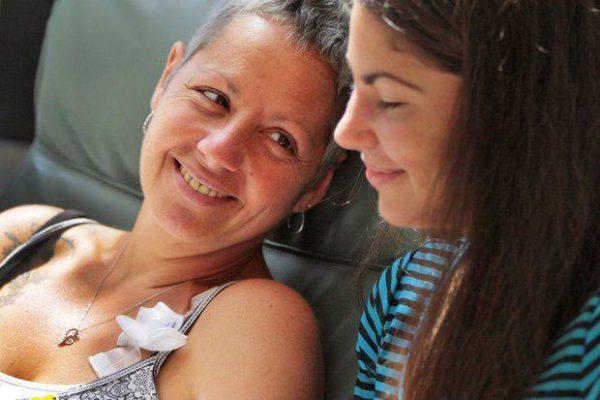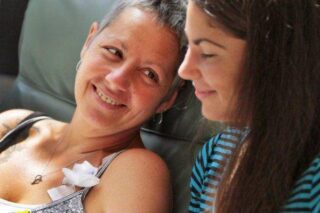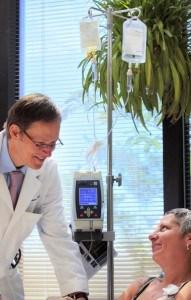Have you ever wondered where all of the cancer treatments that are available to you came from? All of these treatments were once a clinical trial, which allowed their effectiveness and safety to be determined on a small population. There are constantly new trials going on, and joining one can benefit you in a number of ways.
At Hunterdon Oncology and Hematology, the team helps you get the expert treatment you need when you’re suffering from cancer or blood disorders. Leading our team are five highly trained board-certified oncologists and hematologists who are happy to offer the latest clinical trials for a number of disorders.
What are clinical trials?
Clinical trials are basically research studies conducted on humans to determine the efficacy of a treatment or medical device. These studies are the main way researchers determine if a treatment is viable and safe to use in the general population.
However, clinical trials also go through several stages before the treatment is available to everyone. This not only ensures that the treatment is safe, but also that it’s effective for the condition included in the trial.
There are four official phases that every clinical trial needs to go through to become approved by the FDA. The first phase determines the safety and any side effects on a small group of people. The second phase involves more people, and aims to determine the effectiveness of the treatment, along with continuing to assess safety and side effects.
When the trial gets into stage three, it’s made available to a larger group of people, along with other populations. Dosages of a medication are also studied, along with combinations of the trial drug and other treatments. If the FDA determines that the trial has shown positive results, the treatment becomes approved for use.
Phase four happens after the FDA approves the medication or treatment in the trial. The effectiveness of the treatment, along with its safety, are still monitored on a much larger and more diverse population.
When to consider a clinical trial
Being a part of a clinical trial can be scary — but it can also open doors to treatments that could potentially change your life. But when should you consider joining one of these trials?
A good time to consider a clinical trial is when other treatments haven’t worked, and you don’t have other options. A clinical trial can give you the opportunity to try an up-and-coming treatment for your condition.
Sometimes, there aren’t any treatments available for a specific condition. A clinical trial gives you a chance at finding a viable treatment for your condition. It also gives you a chance to take your health into your own hands.
What are the benefits of a clinical trial?
There are a number of benefits when joining a clinical trial, but it’s important to weigh both the pros and cons before getting involved. Our team helps you find clinical trials that pertain to your condition and provide you with all the details to assist you with a decision.
Clinical trials offer many opportunities for a number of different cancer conditions. Some of the main benefits of joining one of these trials include:
Early access to the latest therapies
Clinical trials offer the most up-and-coming treatments that aren’t available to the public yet. If you join a clinical trial, you’ll get to experience the latest therapies and medications that could change the course of your cancer.
You get to help others
When you participate in a clinical trial, you have the opportunity to pave the way for future patients with the same medical problem. You’re a part of groundbreaking research that could provide a cure or effective therapy for others down the road.
More frequent checkups and care
You’re often more closely monitored when you participate in a clinical trial. This is because the research team needs to observe the way the medication or therapy is affecting your condition. This includes more frequent appointments and imaging studies, which can help to put your mind at ease.
Less cost to you
In most cases, you won’t have to pay for the drugs in your clinical trial. The team conducting the trial often covers the cost of the medication or therapy being tested. However, it’s important to remember that there could be other costs involved, such as travel or lodging, that you’ll need to cover.
If you’d like to learn more about participating in a clinical trial, call our office in Flemington, New Jersey at 908-788-6461, or schedule an appointment online with one of our expert doctors today.



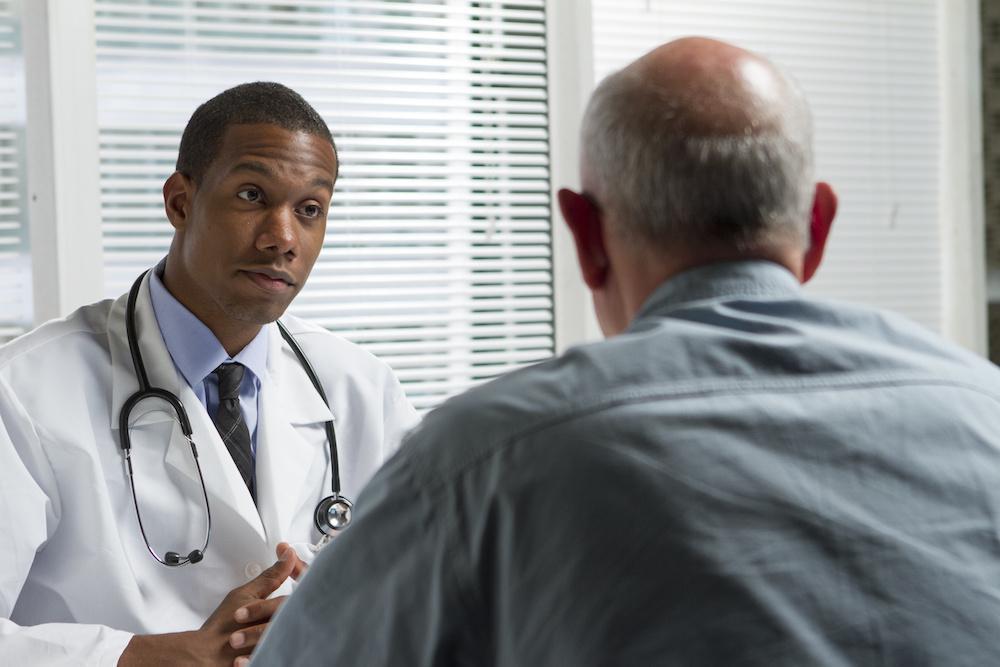
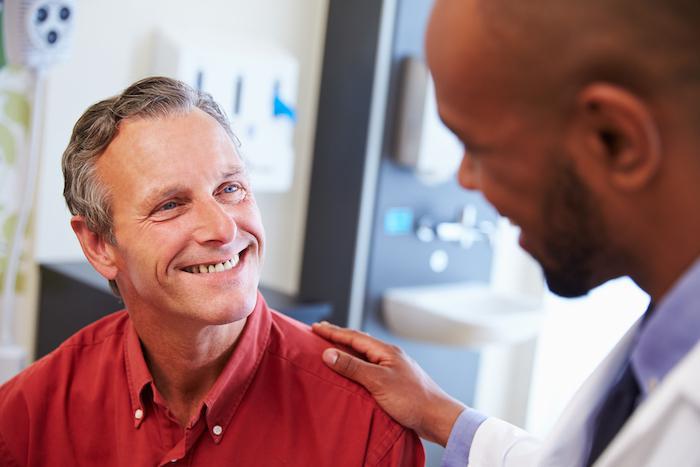
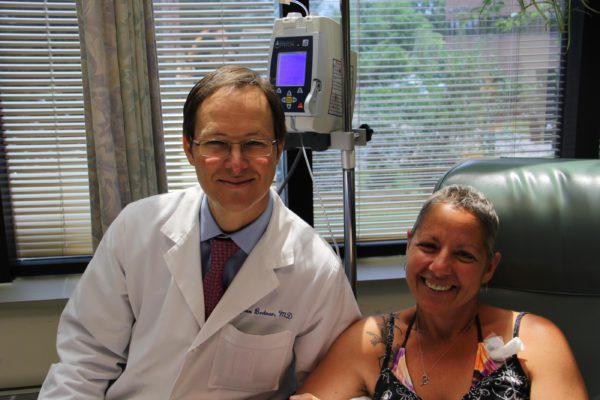
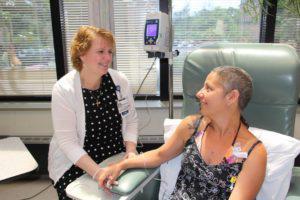 Pictured left to right: Kathy Robbins, RN, MSN, OCN, Clinical Research Nurse at Hunterdon Regional Cancer Center works closely with patients on clinical trials. Kathy talks to Daria Shepherd and provides comfort and education during her treatment at Hunterdon Regional Cancer Center.
Pictured left to right: Kathy Robbins, RN, MSN, OCN, Clinical Research Nurse at Hunterdon Regional Cancer Center works closely with patients on clinical trials. Kathy talks to Daria Shepherd and provides comfort and education during her treatment at Hunterdon Regional Cancer Center.